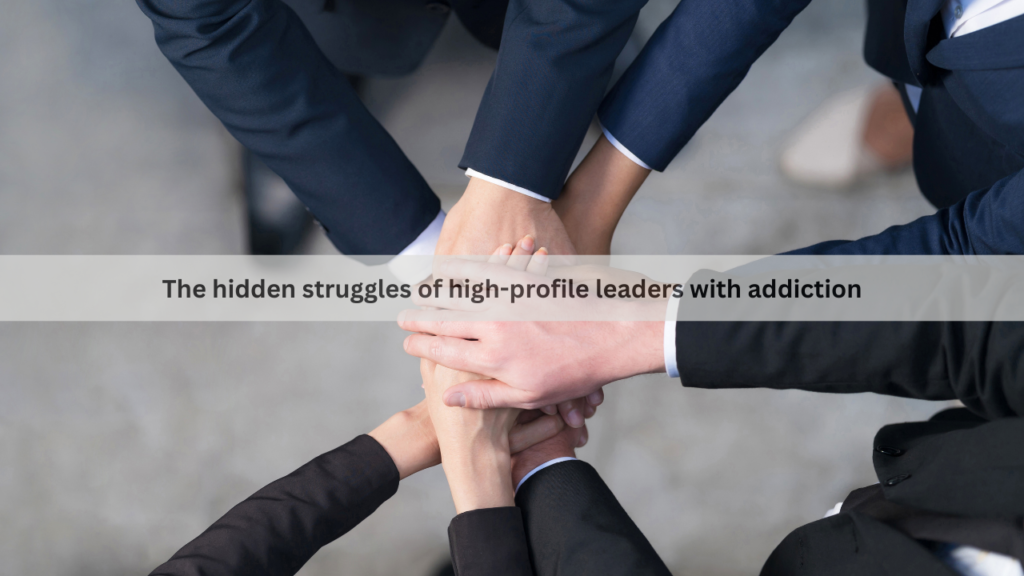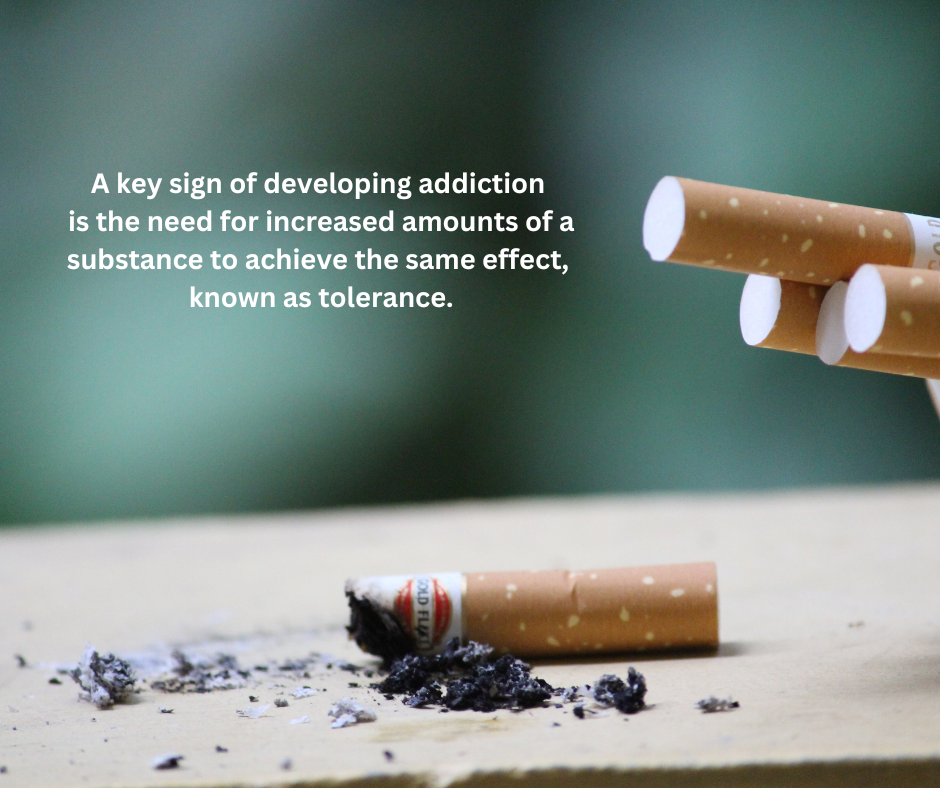
The connection between authority and addiction is a complex and often hidden issue that affects leaders in various sectors. While power and influence are typically seen as strengths, they can also create vulnerabilities. Those in positions of authority may face unique pressures, isolation, and distorted self-perception, which can increase their susceptibility to substance abuse. Understanding the relationship between power and addiction reveals the underlying psychological and environmental factors at play.
One of the most significant drivers of addiction among those in positions of authority is stress. Leadership roles often come with high expectations, demanding responsibilities, and relentless pressure to succeed. Executives, politicians, and other leaders are tasked with making critical decisions that affect their organizations, constituents, or even entire nations. This constant pressure can be overwhelming, leading to chronic stress and anxiety. To cope, some individuals may turn to substances like alcohol, prescription drugs, or even illicit substances. These substances can provide temporary relief from the tension but can quickly spiral into dependence and addiction.
In addition to stress, isolation is another factor that links authority with substance abuse. Leadership roles often come with a degree of social isolation. Leaders may find themselves removed from their peers and employees, creating a sense of loneliness and disconnection. The higher up someone climbs in the hierarchy, the fewer people they can confide in or relate to. This isolation can lead to feelings of alienation, making it harder to seek help or support when facing personal challenges. As a result, leaders may be more likely to self-medicate with substances as a way to escape their feelings of loneliness.
Power also tends to alter a person’s perception of their own behavior and vulnerabilities. Studies have shown that individuals in positions of power often develop overconfidence and a belief in their own invincibility. This sense of superiority can make leaders more likely to engage in risky behaviors, including substance abuse. They may believe they are immune to the consequences that others face, leading them to underestimate the dangers of addiction. Furthermore, authority figures may have more access to resources and opportunities to indulge in addictive behaviors, whether through financial means or social networks that enable substance use.
The culture surrounding leadership and success can also play a role in fostering addiction. In many high-powered environments, especially in industries like finance, entertainment, or politics, there can be a culture of excess. Lavish parties, free-flowing alcohol, and access to substances are often normalized. Leaders may feel pressured to participate in these activities to maintain their social standing or to unwind from the stresses of their roles. This environment can create a slippery slope where occasional indulgence turns into a full-blown addiction.
Addressing substance abuse in individuals with authority requires tailored interventions. Since leaders often feel the need to maintain a facade of control and strength, they may be less likely to seek help or admit to having a problem. Confidential treatment options, executive rehabilitation programs, and counseling that addresses the specific pressures of leadership can be effective in helping these individuals overcome addiction. Additionally, promoting mental health and well-being within organizations can help mitigate the factors that contribute to substance abuse in leadership roles.
In conclusion, the link between authority and substance abuse is a multifaceted issue shaped by stress, isolation, distorted self-perception, and cultural factors. Leaders are often under immense pressure, which can make them more vulnerable to addiction. Recognizing and addressing these risks through proactive mental health support and confidential treatment options is essential in breaking the cycle of addiction among those in power. By fostering environments that prioritize well-being, organizations and societies can help leaders manage the demands of authority without falling into the traps of substance abuse.








